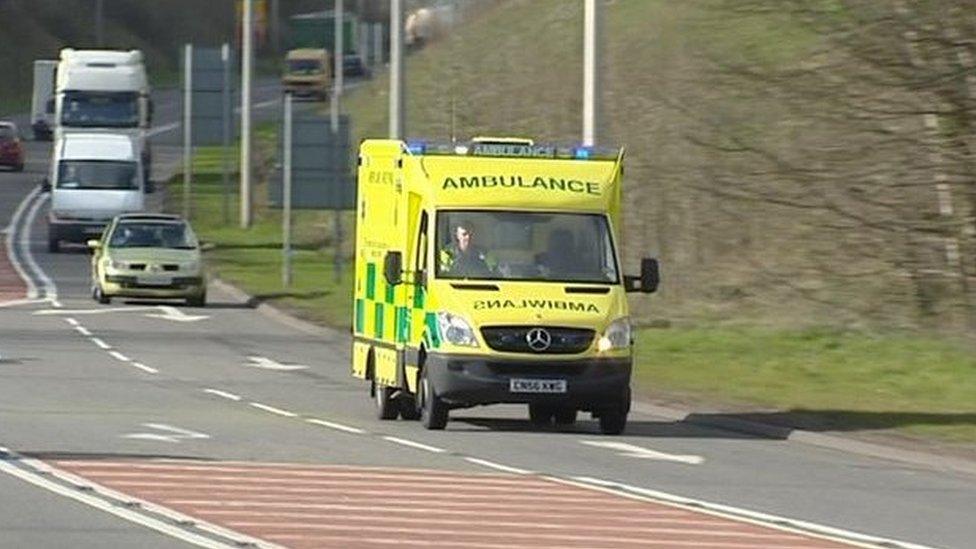Welsh ambulance staffing gaps left vehicles off the road
- Published
- comments
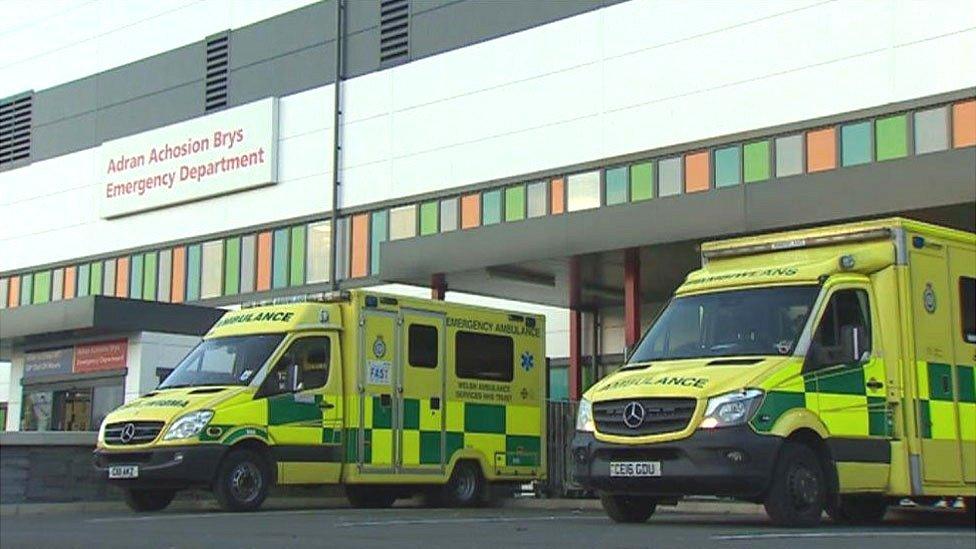
Ambulances in Wales have regularly been unavailable to respond to emergencies because of a lack of staff, a BBC Wales investigation has found.
During a four week period between July and August up to seven vehicles were without crews across north Wales.
The Aneurin Bevan health board, in south east Wales, regularly had six vehicles off the road.
The Welsh Ambulance Service said it had now "over-recruited" dozens of staff to cover gaps in rotas.
Director of operations Richard Lee said full staffing was the "number one operation priority" to reach nearly 500,000 emergency calls every year - that's 20% more calls than 2007.
"There are occasions where we don't have staff to cover a vehicle in a particular area and on those occasions we make a tactical decision about where we move ambulances to make sure we maintain cover," he said.
"Our staff - both in our clinical contact centres who take the 999 calls and in ambulances - are the stars of this organisation and stars for the public as well.
"Sometimes, when demand increases or when resourcing levels aren't where we want them to be, they do have to work harder - and we recognise that.

The Welsh Ambulance Service employs around 3,300 staff, with 1,700 in operations, including paramedics and emergency medical technicians (EMTs) across Wales.
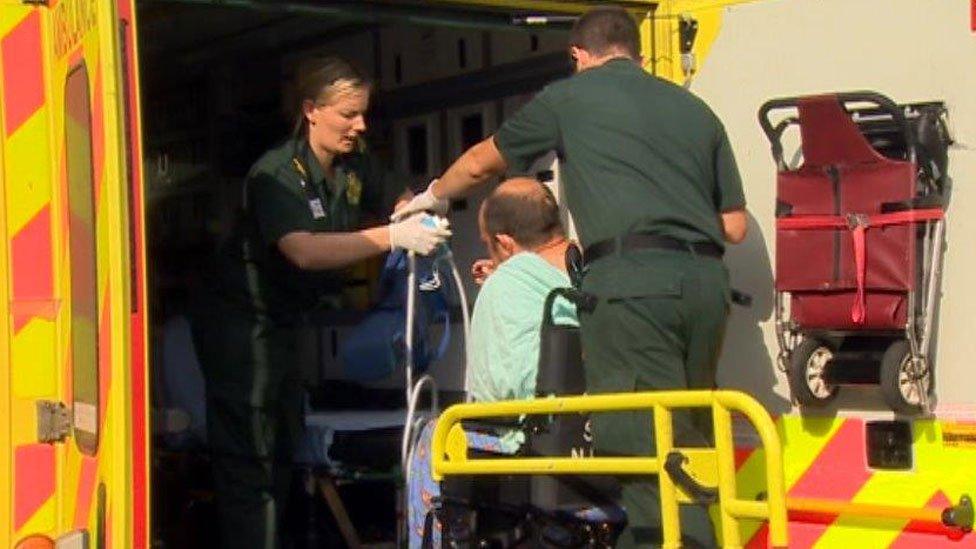
The Welsh ambulance service dealt with 1,778 red calls in April
71 EMTs and 49 paramedics have been recruited this year
Operational staff turnover is around three to four people per month
A net total of 70-80 members of staff have been recruited since July
10 more staff have been recruited than required by rotas to provide more flexibility and cover for unexpected absences
Demand is rising - 200,000 more emergency calls compared to 20 years ago
Wales is the only one of the UK nations to consistently exceed its target of reaching 65% of immediately life threatening "red" calls
It comes after the Welsh Government changed targets to try to achieve "better outcomes for patients"

Operations director Richard Lee: "Recruitment must match call increase"
Mr Lee said despite budget constraints and gaps in the rota, performance remained "strong" for patients in immediately life threatening conditions, with some of the best response times across the UK.
"We're receiving about 1,000 more calls a month more than the same period last year," he said.
"If you look at our performance to immediately life threatening calls, we are maintaining a high level of performance. Sometimes, though, lower priority patients do wait longer than we'd like."
The 999 operator can act as a triage service "to avoid the need" for an ambulance, but Mr Lee added: "Actually there is a point where more resource will assist us in getting to those lower priority calls faster."
- Published5 October 2017
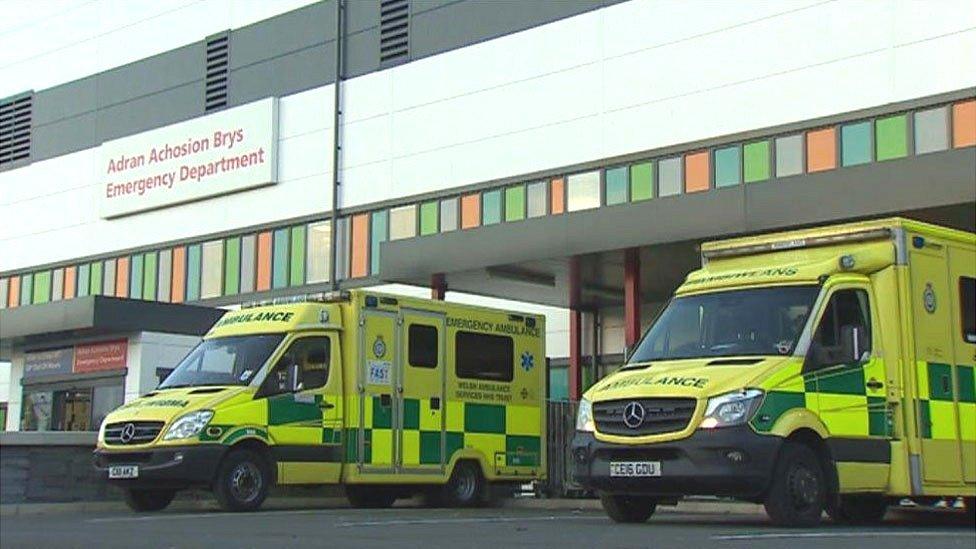
- Published1 September 2017
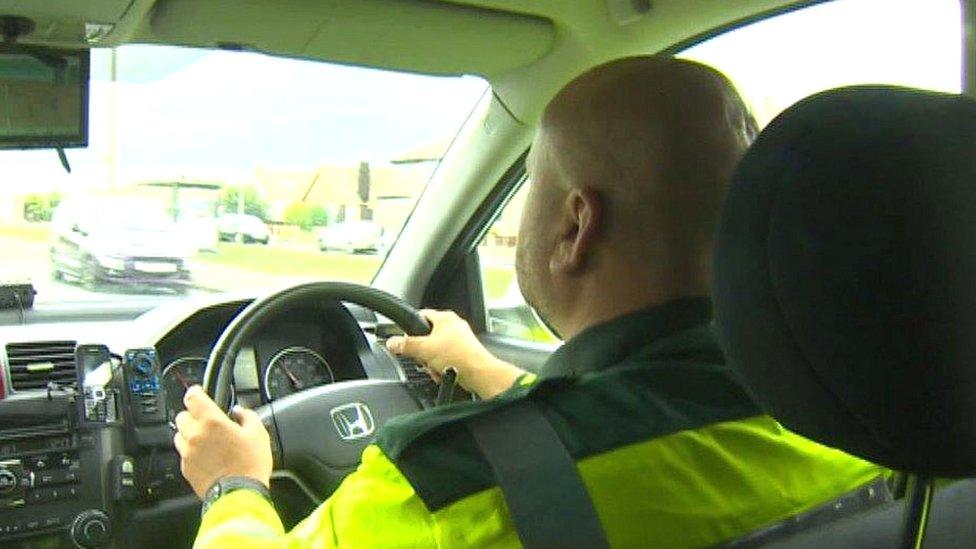
- Published18 May 2017
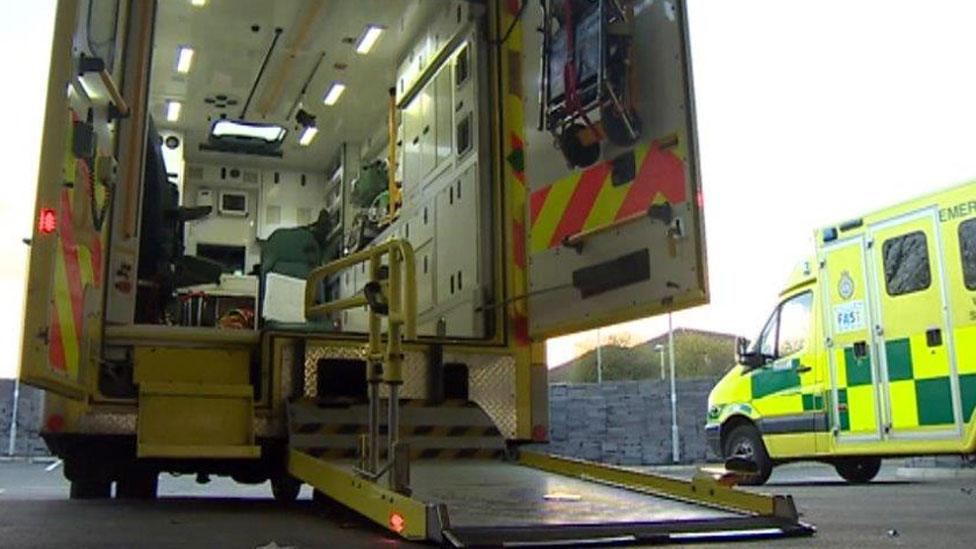
- Published30 November 2016
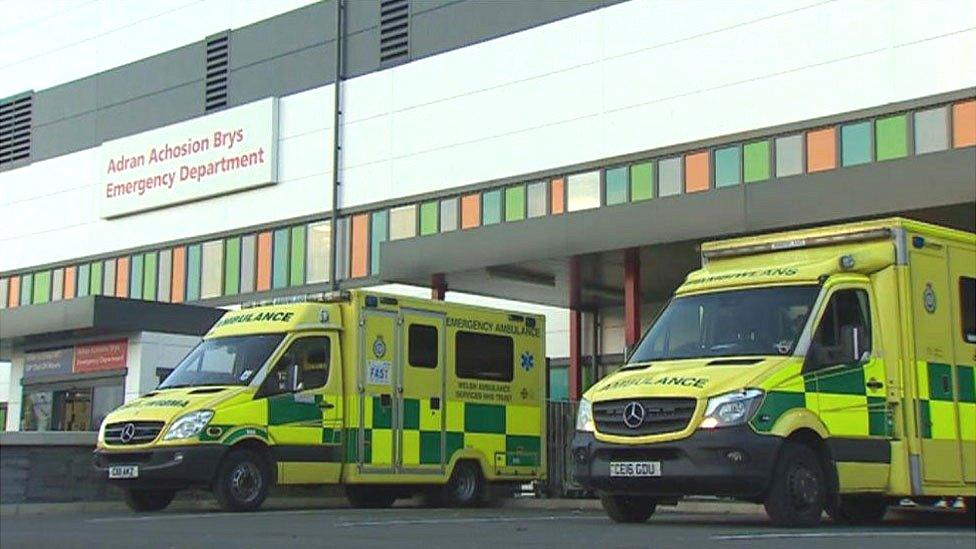
- Published27 July 2016
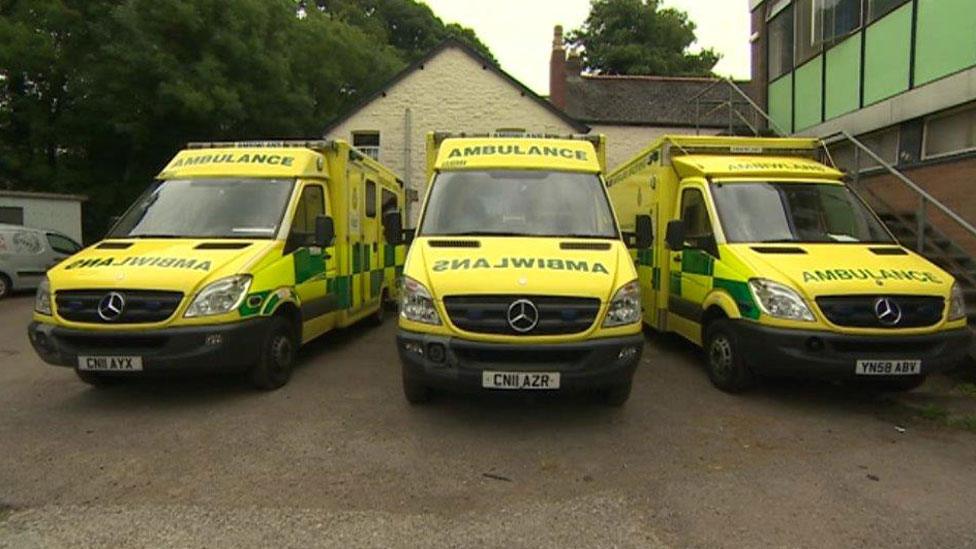
- Published27 July 2016
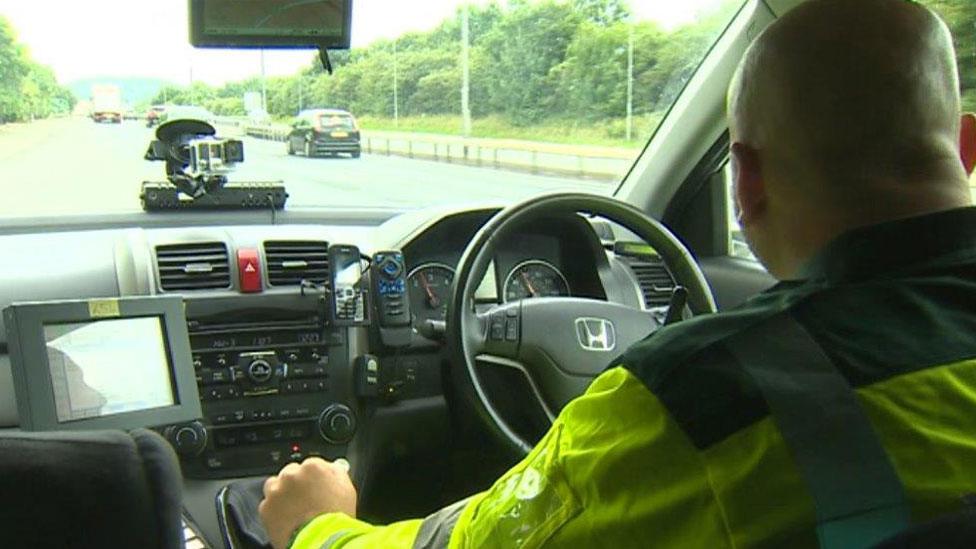
- Published15 September 2015
